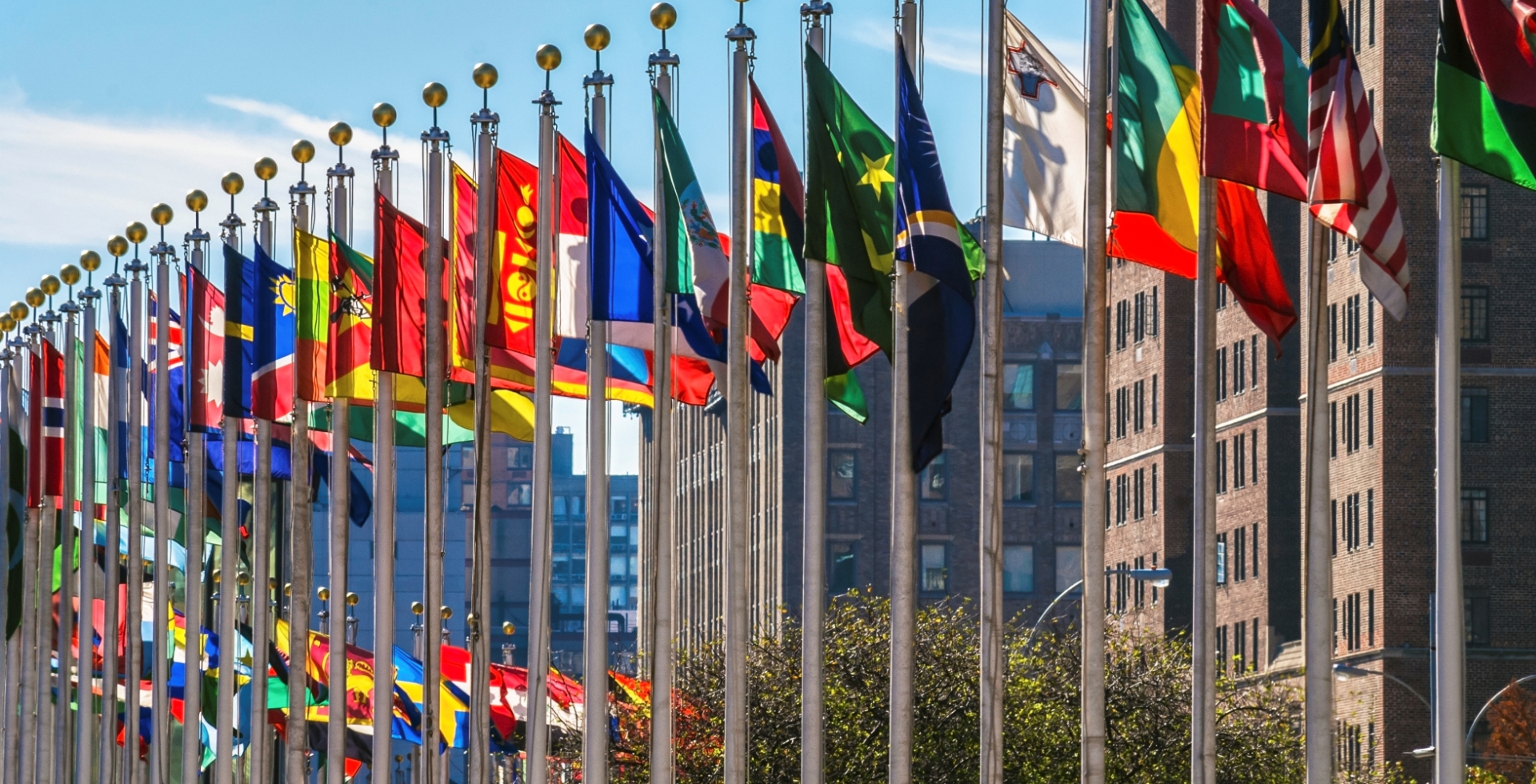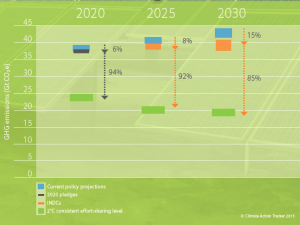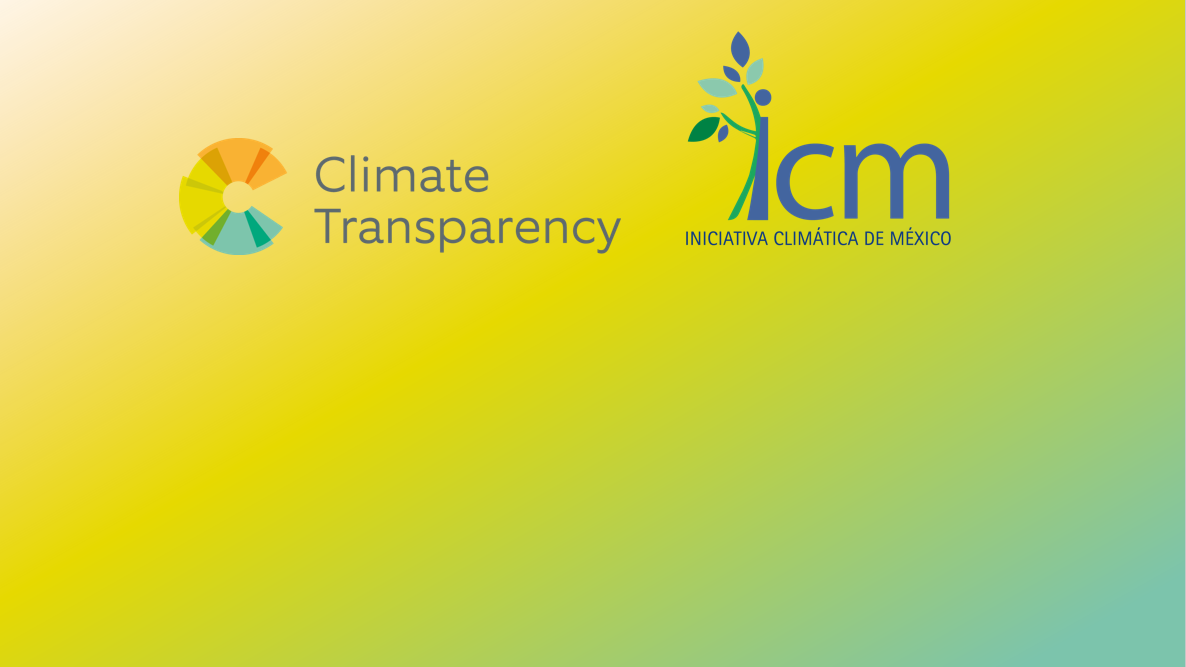Climate Policy Performance
The CCPI policy evaluations show a growing sensibility among G20 governments of the need for and benefits from climate action. Many countries are investing heavily in renewable energy, and some are even developing decarbonisation pathways.
Across the G20, there is a wide spectrum of good and poor performers taking into account countries’ respective capabilities. Because of its progressive attitude in climate negotiations, Mexico usually receives positive CCPI evaluations for its international policy performance. South Africa, Germany and the UK also rank relatively highly in this area. At the level of national climate policy, India, the Korea, Rep. and China rank highly, compared with other G20 countries. Poor performers in both national and international evaluations include Saudi Arabia, Canada, Australia and Turkey. Australia lost ground after its last general election, when the subsequent government reversed most climate policies. Turkey has also stopped promoting climate action. Canada is expected to improve its performance after its newly elected government announced plans to increase its climate ambition. The performance ranking of the United States and China benefited from taking the lead in international negotiations in 2014.
INDCs
All G20 countries (with the exception of Saudi Arabia) have submitted new climate change plans, called “Intended Nationally Determined Contributions”, or INDCs, towards the Paris climate meeting. These proposals will bend downwards the emissions curve of the G20 as whole. However, the INDCs are insufficient to meet a trajectory compatible with limiting global average warming to 2°C.
The Climate Action Tracker finds that the INDCs go beyond current G20 climate policies, resulting in lower emissions, if fully implemented. However, these emissions reductions still only go 15% of the way to making G20 climate action compatible with a goal to limit global average warming to below 2°C. The calculation of a level of ambition compatible with 2°C is based on analysis which makes various assumptions for sharing global effort fairly among countries. This analysis indicates the level of ambition of required by the G20 as a whole, while allowing for variation among individual members, according to the chosen approach for sharing effort.
Beyond the G20, more than 140 countries have submitted INDCs towards a Paris agreement. If these were all implemented, they would lead to a “best guess” global temperature increase of 2.7°C in 2100, with a 66% likelihood of staying below 3°C, according to the assessment of the CAT. There is therefore a clear need, and room, for enhanced ambition in climate mitigation by G20 countries.






